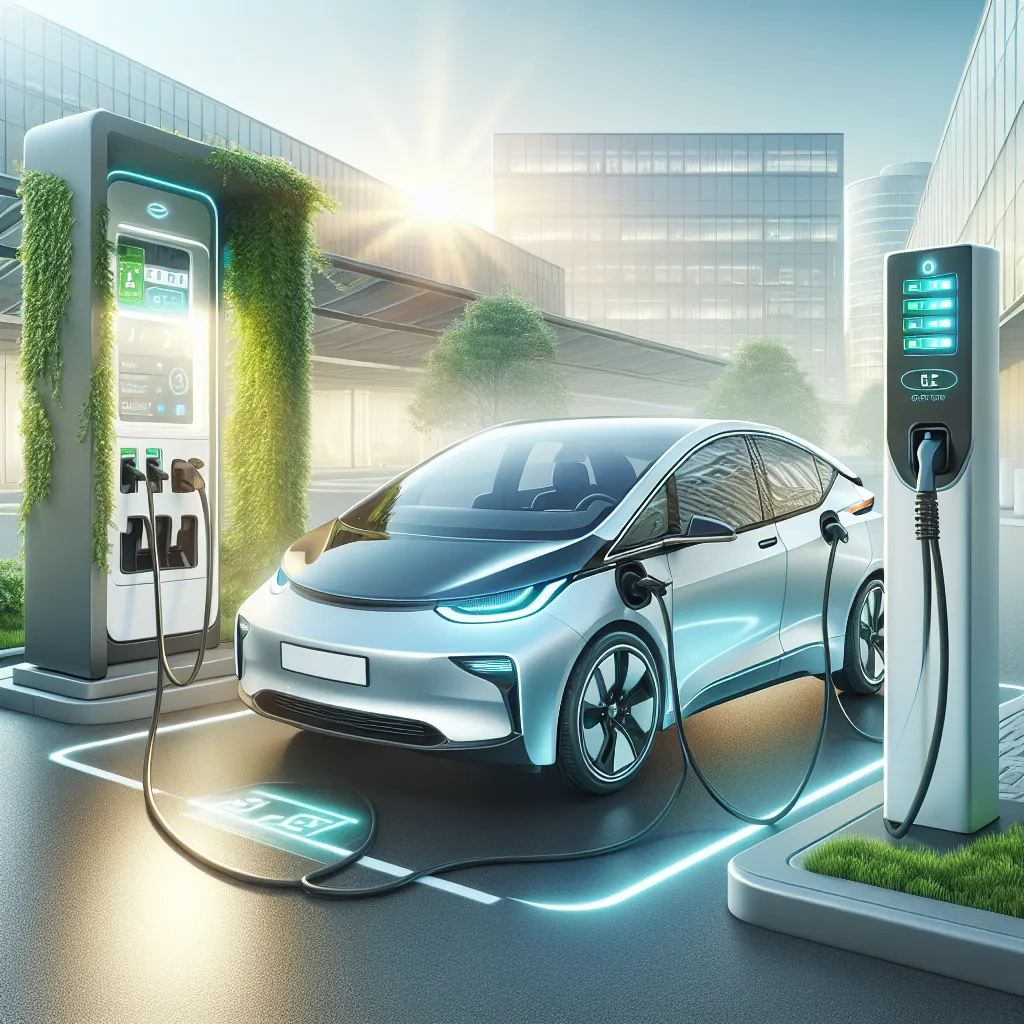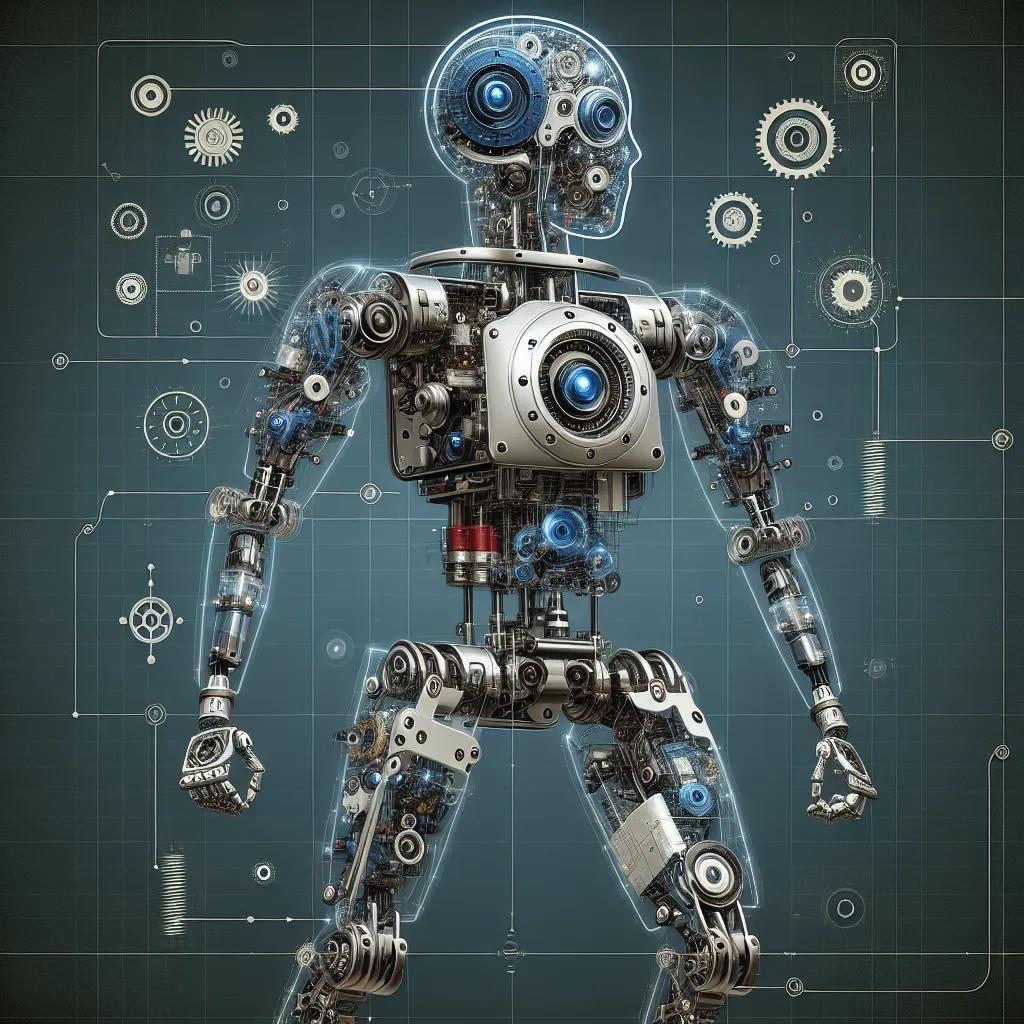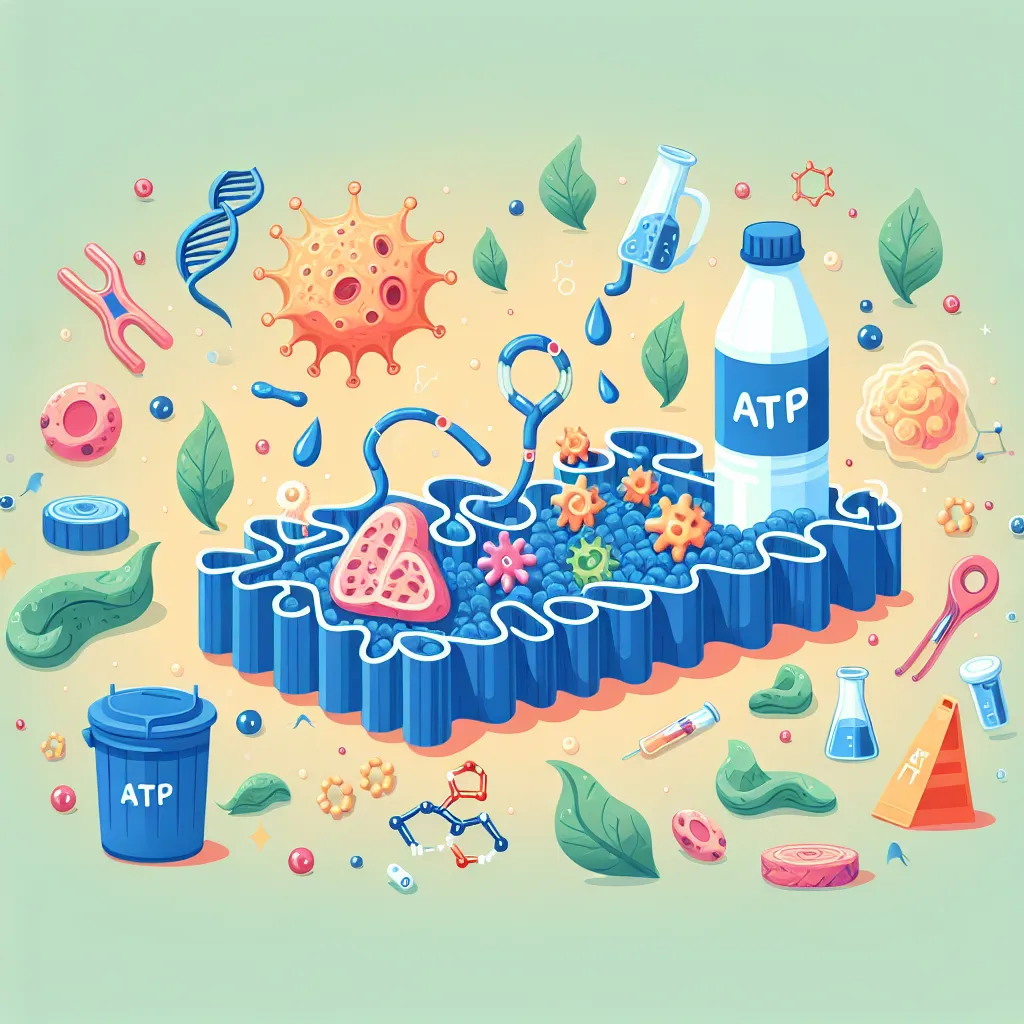Ask AI on The Internet
Question: What energy conversion takes place in the engine of a vehicle that is battery operated
In a battery-operated vehicle, the primary energy conversion that takes place in the engine (or motor) is from electrical energy to mechanical energy. Here's a detailed breakdown of the process: 1. **Battery (Electrical Energy Source):** The vehicle's battery stores electrical energy, typically in the form of chemical energy within lithium-ion or other types of rechargeable batteries. 2. **Power Electronics (Control and Conversion):** The electrical energy from the battery is managed by power electronics, which include components like the inverter. The inverter converts the direct current (DC) from the battery into alternating current (AC) that is needed by the electric motor. 3. **Electric Motor (Conversion to Mechanical Energy):** The AC electrical energy supplied to the electric motor is then converted into mechanical energy. This occurs within the motor's electromagnetic systems, where the interaction of magnetic fields produces rotational motion. 4. **Transmission System (Mechanical Power Delivery):** The mechanical energy from the electric motor is transmitted to the vehicle's wheels through the transmission system, which may include gears, driveshafts, and axles. Finally, this mechanical energy moves the vehicle forward or backward, depending on the driver's input and the vehicle's control systems.
Think your answer is better than the AI's? Post it below.
Question Tags
If you want your question answered by an AI, click here.







Post your own comment: